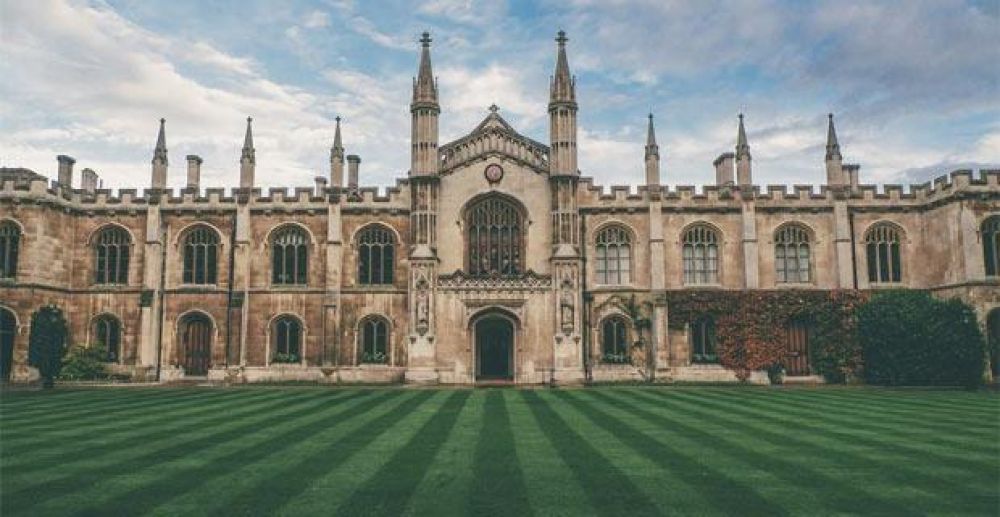

Known worldwide for its prestigious university, Cambridge has been a focal point of academic excellence, architectural grandeur, and cultural enrichment for many centuries. Its history as a tourist destination is closely linked with its academic reputation, boasting an array of historical buildings, museums, and river scenery that have been drawing visitors from around the globe.
The origins of tourism in Cambridge can be traced back to the foundation of the University of Cambridge in 1209. The institution's growth fostered an influx of scholars, which gradually turned the city into a hub of intellectual activity. As the university blossomed, so did the city’s architecture, with the construction of its famous colleges and the iconic King's College Chapel, which began in 1446 under the reign of Henry VI. Over time, these sites have become milestones in the development of tourism in Cambridge.
By the 18th century, Cambridge was firmly established as a place of interest for those intrigued by English history and heritage. In the Victorian era, with the expansion of the railway, accessibility to Cambridge improved significantly, leading to an increase in visitor numbers. Sightseers were – and still are – drawn to the University’s 31 colleges, each with its unique charm and history, the picturesque 'Backs' with their riverside views, and the mastery of punting on the River Cam.
In contemporary times, Cambridge has embraced modern tourism trends while preserving its historical character. Visitors come not only for the scholarly atmosphere but also for festivals, such as the Cambridge Folk Festival and Cambridge Science Festival, which add to the city’s cultural appeal. Furthermore, a range of diverse eateries and boutique shops provide an enjoyable complement to the educational and architectural experiences that typify the city. The rise of eco-tourism has also seen an increase in cycling tours around the city, in line with Cambridge's status as a bike-friendly destination.
The latest trends in Cambridge tourism revolve around personalized and interactive experiences. Walking tours, private punting excursions, and behind-the-scenes access to university premises cater to tourists seeking a more intimate understanding of the city's heritage. Moreover, the fusion of technology with tourism has become apparent through the use of audio guides and apps providing virtual walkthroughs of historical sites.
Like many travel destinations, Cambridge has felt the effects of the COVID-19 pandemic. However, the city has been agile in adapting to changing scenarios, implementing safety protocols for visitors and embracing virtual tours and online experiences. As travel restrictions have eased, there has been a gradual resurgence of interest and visitor numbers to this historic city.
In conclusion, the allure of Cambridge as a center of knowledge, history, and beauty continues to captivate those who venture within its realm. With a blend of ancient splendor and modern vitality, Cambridge's tourism history is rich and evolving, promising a memorable experience for all who seek to unravel its stories.